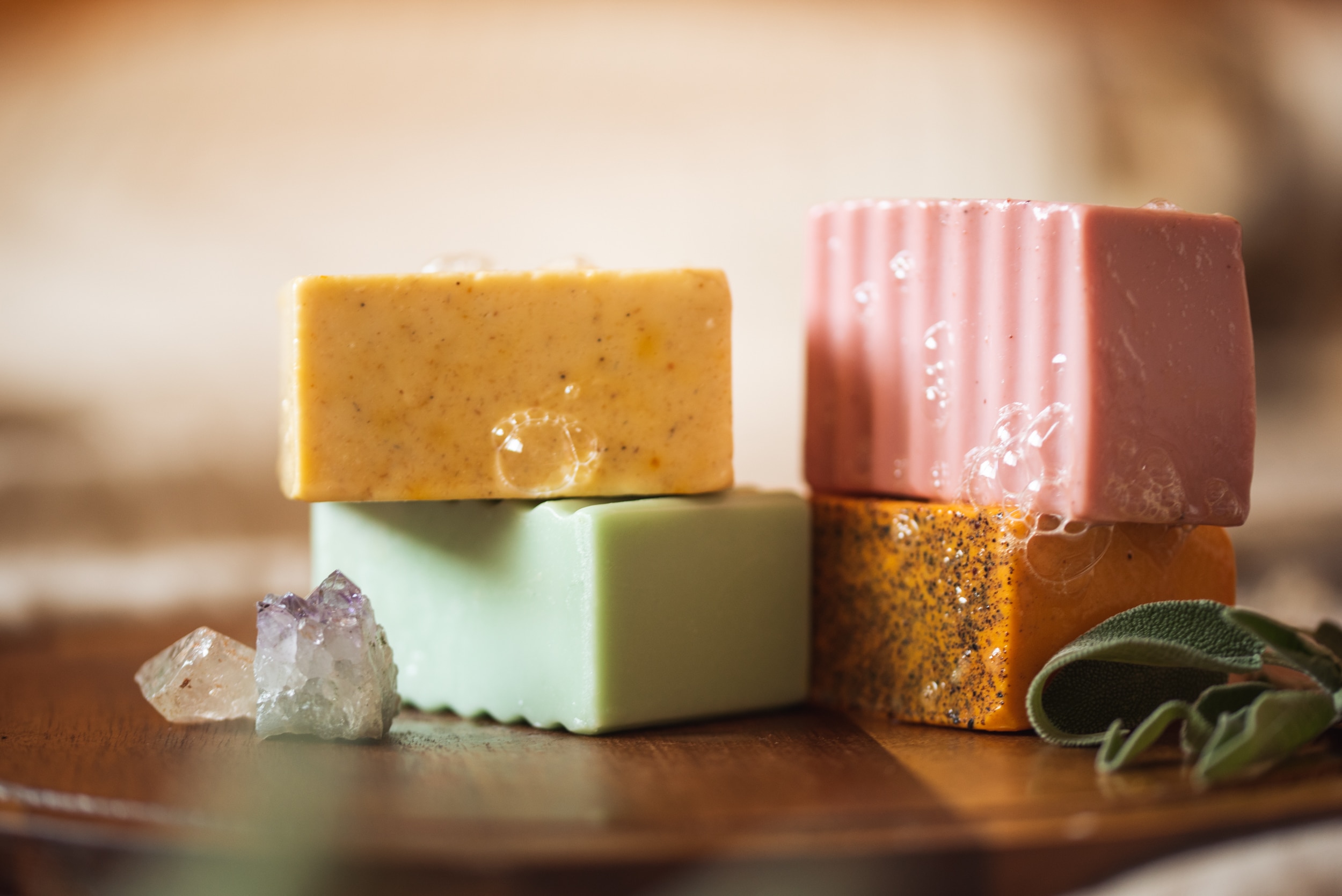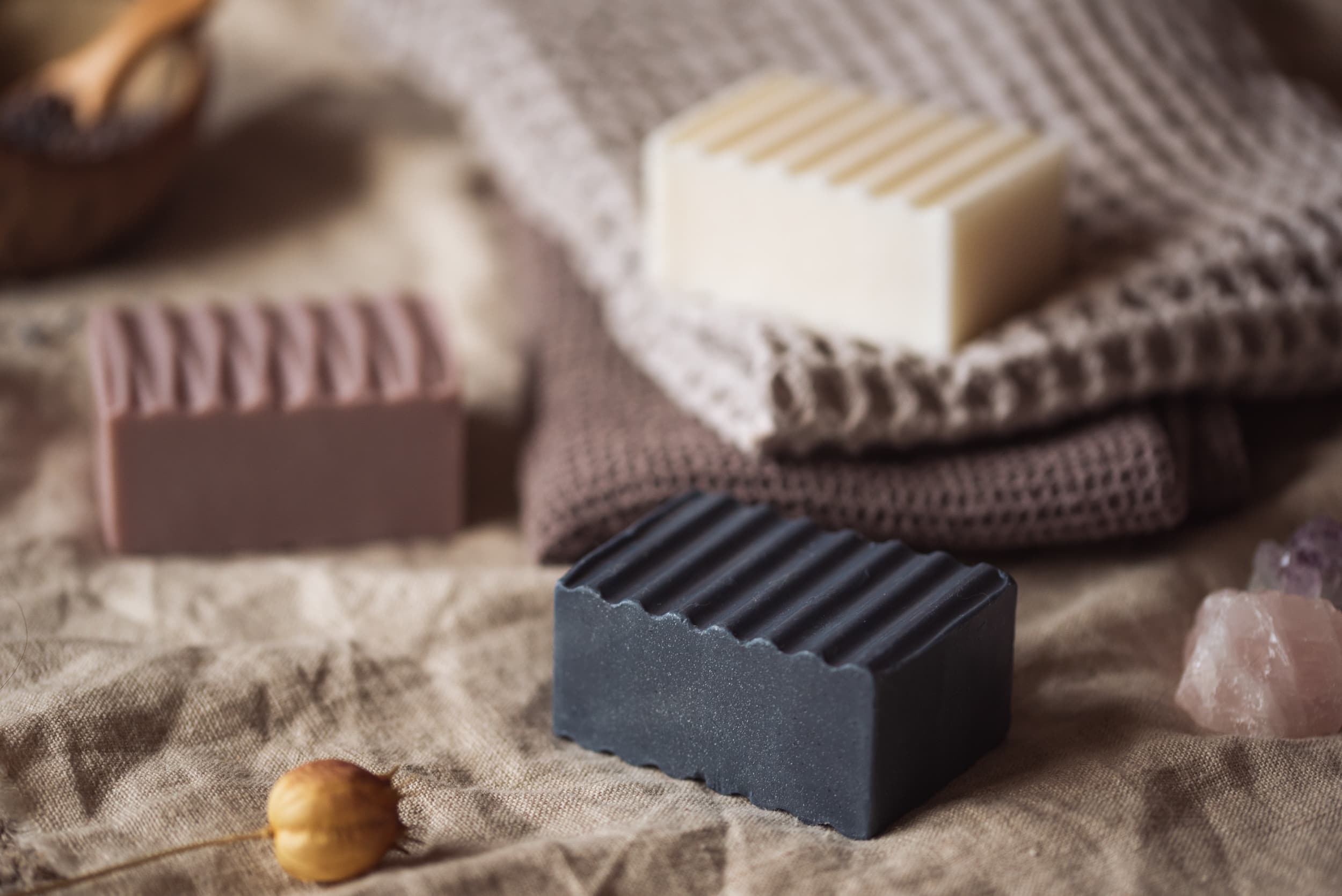
Getting up has never been easy for me.
Even when I was a baby, I would sleep for eight to ten hours straight and cry if someone woke me up! Cue years of embittered battles with my poor mother as she tried to coax/force/drag/bribe me out of bed every morning for school!
This continued into adulthood, and as I became responsible for my own time-keeping, I developed an intimate relationship with the snooze button, was always in a rush to get to work, did my make-up at the traffic lights – you get the picture!
Having worked for myself for the last 14 years, the battles changed. They were mainly with myself – the negotiations for just five more minutes… no-one will know if I’m not at my desk by a certain time… and the self-defeating “no-one cares what I do anyway”.
But, once I started on my personal development and spiritual journey, I came to recognise early mornings as a magical time.
Peaceful, brim full of potential, calm and serene. All the things I wanted to be, have and do each day.
And when I could force myself out of bed and glimpse this world of possibility?
Everything from that moment flows so much better – and I mean everything.
I am happier, calmer, more productive – heck, even my hair looks better!!
So, I began to think… If I love this time for myself so much… If I know it serves me and my day… If I can think and act from a place of calm clarity… If every day is a great hair day…

Why was it still so difficult for me to get up?!
As humans we are hard wired to cling to pleasure and move away from pain. There is lots of scientific research on the subject (this article is easy to understand and makes a lot of sense!), but basically all mammals have ‘Reward Neurons’ and ‘Punishment Neurons’ which motivate us to move towards reward or away from punishment.
Imbalances in these neurons may result in heightened motivation to move away from pain or lack of interest is seeking out pleasure.
And if we suffer from any kind of anxiety (I’m looking at you perimenopausal anxiety), latest research suggests “Those of us who are prone to generalized anxiety disorder (GAD) often go to extreme lengths to avoid situations that seem threatening.” Christopher Bergland, Psychology Today.
We could have over-sensitive ‘Punishment Neurons’ leading to fight, flight or freeze behaviours – hardwired to avoid ‘punishment’ (or the potential negative outcomes we may consciously or subconsciously associate with a situation or activity).
In a balanced brain, most subjects are prepared to endure some pain in order to receive the reward.
So, for example, I went to a networking meeting last week.
And although I knew it would be great for my business; I would have a lovely time chatting to people; and it would make me feel more connected (reward). I also knew I would experience uncomfortable physical symptoms before and potentially during; I might have a panic attack and have to leave; or the whole experience might be too overwhelming for me (the pain/punishment).
“You can choose courage, or you can choose comfort, but you cannot have both” Brenee Brown.
So, I had a word with myself and decided I was able to accept and endure the potential pain in order to experience the benefits.
And I’m really glad I did!
I had a great time and felt amazing because I pushed through the discomfort – and I’m not going to lie, it was uncomfortable at the start, especially when the organiser uttered those magic words “Let’s do introductions…”, but the payoff was so much greater than the discomfort.

Back to Your Chakra System and the 5 Second Rule
I had watched a couple of Mel Robbins’ videos and her TedTalk where she briefly mentions the 5 second rule, so I thought I would check out the book. One of the sub-titles is:
“If you can count to 5, you can change your life”.
Wow! I mean, I can totally count to five! Have been able to for ages! It seems so simple, but there is real science behind it and Mel goes into that in the opening sections of the book. Basically, counting down from five (The 5 Second Rule) creates a deadline, a momentum towards an inevitable act – you choose the act – but the countdown is the same.
It takes away the ‘negotiation’.
You countdown. You get to one. You do the ‘thing’.
That’s it. Don’t think.
As soon as you engage your ‘rational’ brain and start to think about ‘the thing’ you want to do, you create arguments for and against; your biases, fears, and anxieties come into focus and you cling to the pleasure (staying in lovely warm cosy bed, staying small, playing safe) and move away from the pain (putting your feet on the cold floor, putting yourself out there, risking rejection, starting the day).
Because once you do ‘the thing’, you absolutely know it was the ‘right’ thing to do!

When can I use the 5 Second Rule?
I use it in all kinds of instances – when I remember – and sometimes it creates the push I need to get going. It takes the indecision and the uncertainty away. It is an absolute. Mel’s book is packed full of examples where people have employed the 5 Second Rule from getting to the gym to doing presentations.
Sometimes, I do the countdown and get to one and still don’t do ‘the thing’, but that’s another story – there could be genuine reasons why – maybe it’s too uncomfortable – too much of a stretch; or maybe it’s just not right for me right now. It’s still important to listen to your intuition – do you really want to do the thing? Is it the best thing for you? Or do you need to check in with yourself?

Getting up in the morning
It started out as a conscious five second countdown, but now? I don’t even need to countdown to get out of bed. As soon as my alarm goes off (I have a birdsong alarm now, which is way more pleasant than the 3-minute warning alarm I used to have!), I get up. That’s it. No negotiation, no stalling. It’s automatic. And I think my commitment to the 5 second rule in the beginning has a lot to do with reprogramming my behaviour.

What does it mean for Your Chakra System?
From the perspective of your chakra system – being decisive, keeping promises to ourselves, performing the actions we know are good for us, and being consistent, supports our whole system, but especially our lower Chakras:
- It can soothe a sensitive Root Chakra which craves routine and certainty.
- It can support your Sacral Chakra by giving you the space to reconnect with yourself and your needs.
- It can boost a depleted Solar Plexus Chakra by taking action and delivering on our intentions.
- It can heal your Heart Chakra by declaring you are worthy of doing the things you know are good for you.


So, there you have it…
If you can count to 5, you can make better choices, avoid procrastination, and support your Chakra System!
If you fancy going a little deeper into the Chakra element of all our products, download our Chakra Health Checkup and find out which of your Chakras could use a little extra support and which of our products can help you do that best – indulge in this unique and mindful way to support your energy from Root to Crown.



